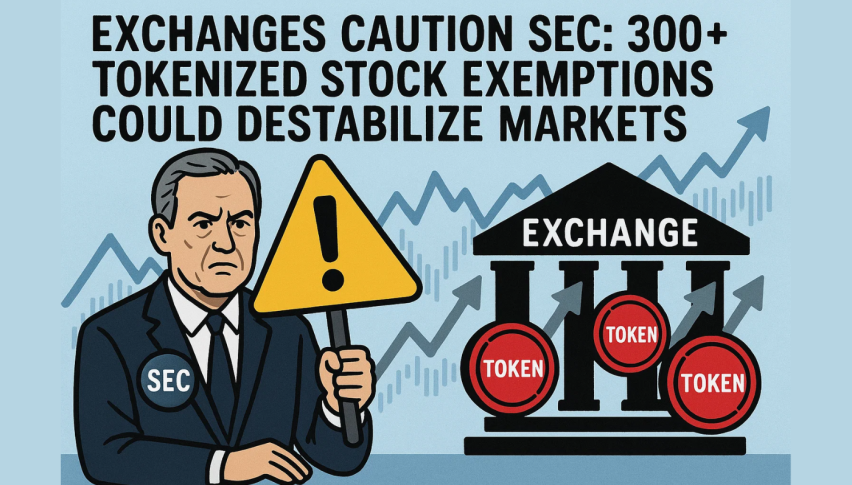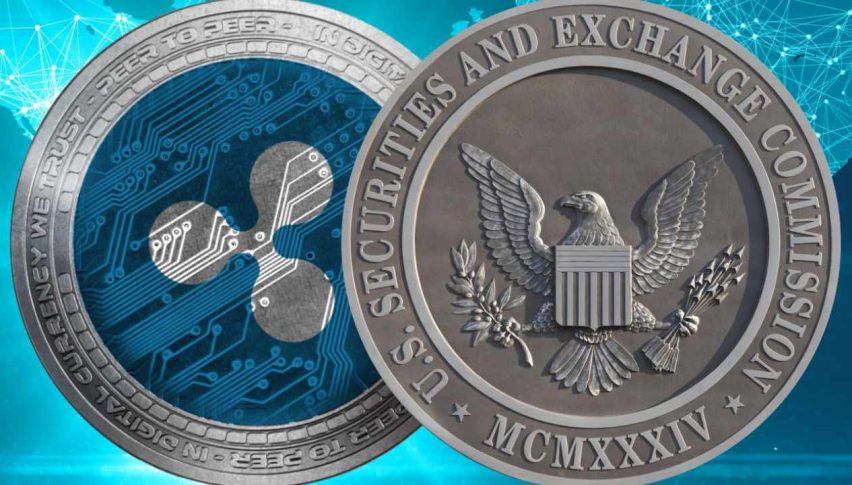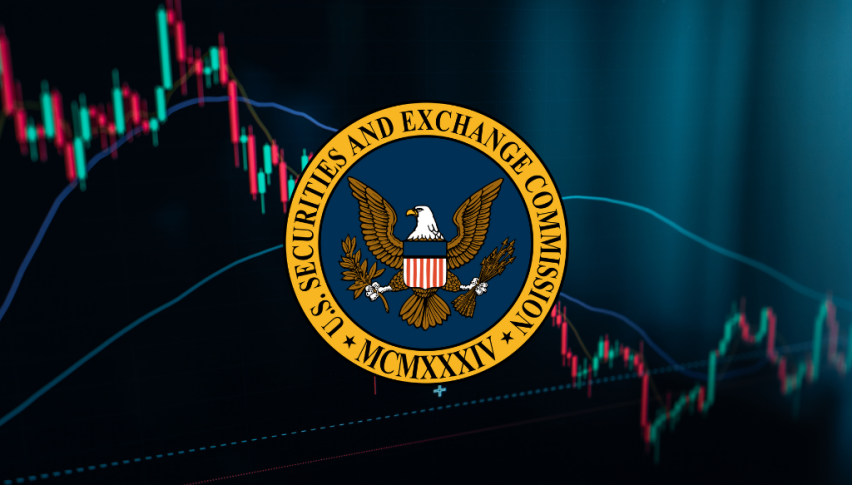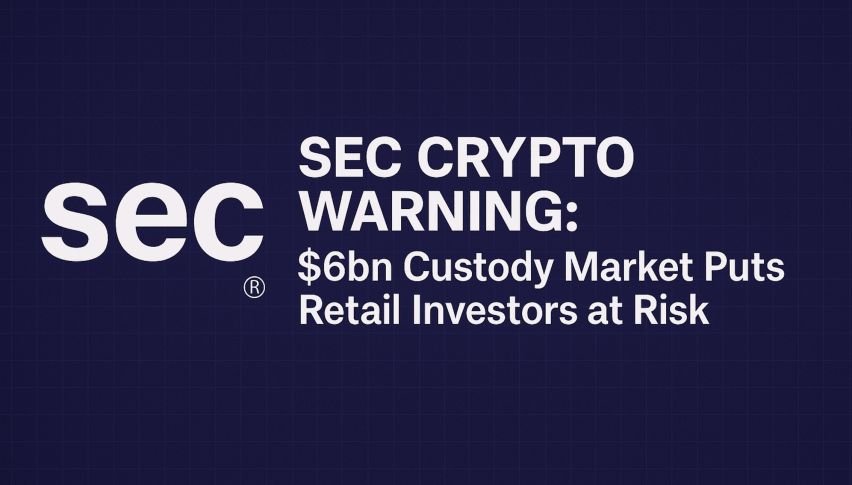Exchanges Caution SEC: 300+ Tokenized Stock Exemptions Could Destabilize Markets
A major global coalition of stock exchanges is pushing back hard against the U.S. Securities and Exchange Commission...

Quick overview
- A global coalition of stock exchanges is opposing the SEC's plan for broad exemptions for tokenized stock offerings, citing concerns over investor safety.
- The World Federation of Exchanges warns that tokenized stocks differ from traditional shares and pose risks related to asset security and regulatory compliance.
- While the WFE supports exemptions in principle, they urge the SEC to adopt a more targeted approach to avoid undermining existing safeguards in U.S. equity markets.
- Despite regulatory scrutiny, interest in tokenized equities is growing, with platforms like Robinhood and Nasdaq actively pursuing opportunities in this space.
A major global coalition of stock exchanges is pushing back hard against the U.S. Securities and Exchange Commission’s plan to give broad exemptions for tokenized stock offerings. It has been written to the SEC, in a big sprawling letter submitted on Nov. 21, saying they’re really worried that an over-broad “innovation exemption” could let unregulated crypto platforms issue digital versions of U.S. equities without any of the safety nets traditionally in place.
The World Federation of Exchanges (WFE) is sounding the alarm – and this isn’t just any old warning. As a group that includes Nasdaq and Cboe, they’re saying the rapid rise in brokers and crypto platforms getting ready to sell tokenized U.S. stocks is a real cause for concern. These tokens let people invest in public companies without actually buying real shares, and are being pitched as faster, always-open alternatives to trading on traditional stock exchanges.
But the WFE is saying this isn’t entirely accurate. Tokenized stocks aren’t the same as genuine listed shares, and the growth of these things is introducing all sorts of risks around keeping assets safe, settling trades, ensuring companies play by the rules, and looking after investors.
🚨 Major #stockexchanges push back against @SECGov plans for #tokeniedstocks.
The World Federation of Exchanges (#WFE) — including @Nasdaq and @DeutscheBoerse — warns that granting #exemptions to #cryptofirms could erode #investorprotection and distort market integrity.… pic.twitter.com/i5ZZS1Jopc
— Unlock Blockchain (@unlockbc) November 27, 2025
Call for Targeted Exemption Rules
At the moment, the SEC is weighing requests from crypto firms that aren’t registered with them and would need exemptions to get on with things. One of the SEC’s own commissioners, Paul Atkins, has floated the idea of a broad “innovation exemption” to get new blockchain-based products moving a bit faster.
The WFE supports exemptions in principle, but says that if the SEC goes down this route, it needs to be more precise, or it’ll undermine layers of safeguards built into U.S. equity markets.
Some of the specific worries the WFE has raised include:
- Allowing people to bypass rules that are in place to look after investors.
- Lack of clear rules on what token issuers are supposed to disclose
- The potential for trading to get all fragmented and lose transparency.
- Setting a precedent for future exemptions that essentially water down the SEC’s regulatory grip.
The group is telling the SEC to think more carefully about how it introduces new rules and suggesting that a more targeted approach would be much better. They’re also proposing a “sandbox” where people can test these new tokenization frameworks, but it would have to be under much tighter oversight.
Earlier this year, the WFE (along with other international bodies) warned the SEC and European regulators that they needed to tighten controls around tokenized stocks due to gaps in their governance and compliance with rules.
Growing Interest in Tokenized Equities
Even with all this scrutiny, the idea of tokenized equities is still really popular. Trading platforms are lining up to prepare for what they believe will be a major regulatory shift. Robinhood has already started offering tokenized stocks to European customers and is working to bring them to the U.S. as well. Kraken started offering similar products in July, while Coinbase has been trying to get the SEC to approve its entry into this space.
Traditional exchanges aren’t just sitting back and waiting either. In September, Nasdaq actually asked the SEC to let it list tokenized securities on its platform. This suggests that there’s still a lot of interest in this area.
As the debate rages on, now the SEC really needs to figure out whether tokenized stocks are something that can be allowed with a bit of flexibility – or if they’re actually a risk that needs to be tightened up with some stricter rules.
- Check out our free forex signals
- Follow the top economic events on FX Leaders economic calendar
- Trade better, discover more Forex Trading Strategies
- Open a FREE Trading Account
- Read our latest reviews on: Avatrade, Exness, HFM and XM


